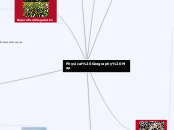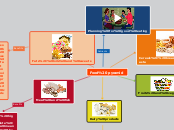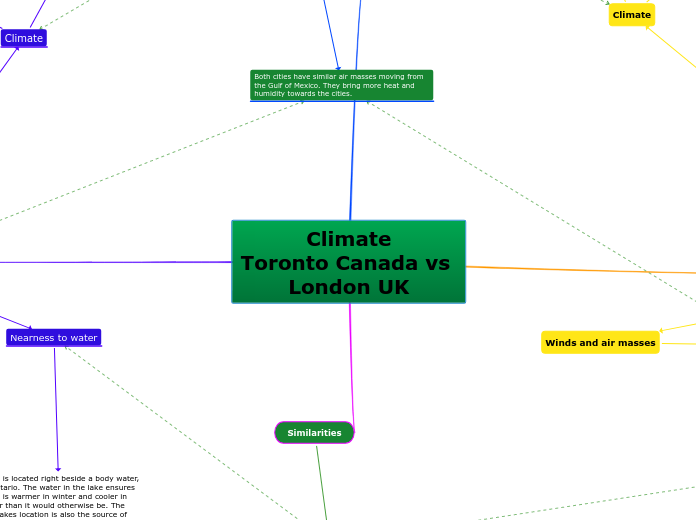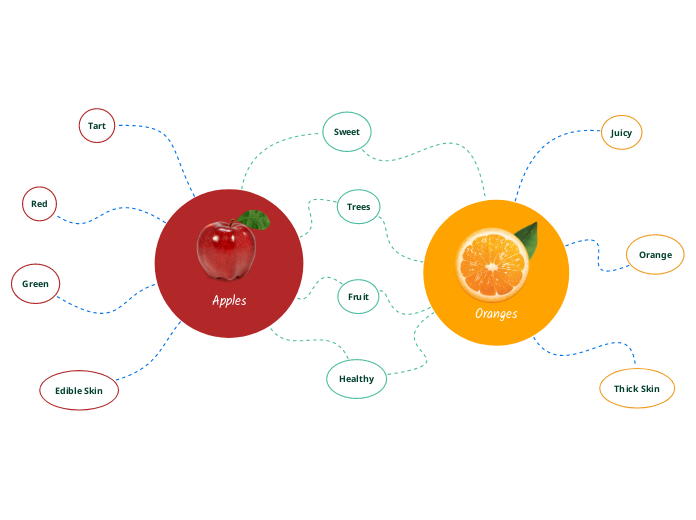Physical Environment Interactions Pt. 2
Climate Regions
Atlantic
Lowest in the middle of the year
Highest at the beggining and end of a year
Goes below 0°
Lower Lakes
Gets higher throughout the year
Goes under 0°
Arctic
More in summer, less in winter
Subarctic
More in middle of the year
Low precipitation
Goes under -20°
Prarie
Low precip.
goes under 0°
Large temp. range
Mountain
High precip.
More in summer, Less in winter
Doesn't go below 0°
Pacific
Precipitation
Highprecip.
Less in summer, More in winter
Tempature
doesn't go below 0°
Small temp. range
Types of Precipitation
Convectional
5. Precipitation occurs
4. Moisture condenses into clouds
3. Air cools
2. Warm air forms and rises
1. Sun heats earth's surface
Cyclonic
6. Precipitation occurs
5. Moisture condenses into clouds
4. Air cools
3. Warm air forced up by cold air
2. Spin
1. Warm & cold air collide
relief
4. Precipitation occurs
3. Moisture condenses into clouds
2. Air cools
1. Air mass forced up by mountains
Soil & Vegetation
Which trees could survive harsh climate, Coniferous or deciduous
deciduous trees
Can not survive in winter
Coniferous trees
Their needles can conduct photosynthesis on warm days even out season
Branches and needles shack of snow easily
Have waxy needles to prevent water loss in droughts
Have sap that works as anti-freeze
They can extract minerals from bad soil
Difference between leaching and calcifiction
Calcification: Soil gives water to plants
Leaching: When soil takes water underground so plants cant use it
Why does size of rock particle matter to soil
The bigger the rock the more minerals it has
How long did it take topsoil to form
6000-1200 yrs
How is topsoil formed
Oganic materials are added to the top
Four components that make true soil
Moisture
Water dissolves nutrients into soil so plants can suck them up
Air
Plants need air in the roots
Bacteria and organic materials
Gives soil its dark color
Decomposed plants and animals. That give nutrients to plants
Minerals
Minerals needed by plants and animals
Factors Affecting Climate
L.O.W.E.R. Near water
Near Water
Closer to water bodies = colder summers, warmer winters & more precip.
Farther away from water bodies = hot summers, cold winters & less precip.
Relief
Windward = wet side
Leeward = dry side, Nickname: Rain shadow
As the moist air rises up the windward side at mountain range it expands & cools
Mountains block precipitation
Elevation
Higher elevation = more moisture
As air expands it loses heat
When air rises, it expands, because there is less air pressure
The higher the elevation the lower the temperature
Wind & air masses
Oceans contain moisture
Less precipitation inland (Continental loocation)
Air moisture releasing precipitation
Ocean Currents
When 2 currents meet the weather is often damp & foggy
Ocean currents affect the temp. of air that passes over it
Latitude
The higher the latitude the lower the temperature
Climate Basics
Temperature Range
Highest temp. minus lowest temp.
Climate Vs. Weather
Weather
Wind
Humidity
Precipitation (rain,snow,hail)
Temperature
Day to day
Climate
Average weather of a place, over long period of time
Climate Graphs
Two graphs in one
Growing season
Colour the space between the line and your red temp line
Draw a line at 5.6°C
Bar graph showing precipitation
Colour them blue
Y axis on right side
Measured in mmper month
Draw bars for each month precip
Line graph showing temperature
Coneect dots with a red lign
Plot monthly values in middle of each column
Y axis on left side
Measure in°C
Climate Change
Why would warmer climate be a good thing
More space for people to live
Fewer power outages
More cruises holidays and trips
Fewer bus,plain, train delays
Longer construction season
More time at the beach
More food
Longer growing season
What are greenhouse gases
Examples
Water vapor
Ozone
Nitrous oxide
Methane
Carbon dioxide
Gases that trap heat in the earths atmosphere
The greenhouse effect
3. Greenhouse gases trp some reflected heat
2. Some heats earths surface: some is reflected
1. Solar radiation enters earths atmosphere









